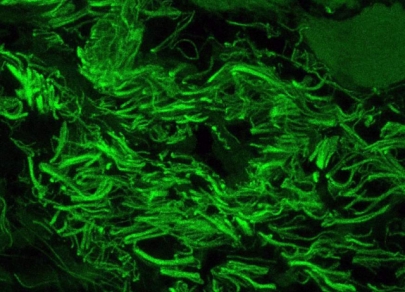FX.co ★ Top 6 important scientific discoveries of this summer
Top 6 important scientific discoveries of this summer
This summer turned out to be fruitful for the majority of scientists. They make their discoveries regardless of the seasons, but during this period the innovators driving the world science did a good job. We suggest learning about their discoveries.

Alzheimer's disease can be contagious
The conclusion about the infectiousness of this formidable disease was made by a group of scientists checking the state of the brain of the deceased, who were diagnosed with Alzheimer. The reason to consider Alzheimer's disease as infectious was the presence in the deceased person's brain of a large number of bacteria Actinobacteria, triggering the development of the disease.

The tenth planet of the solar system was discovered
Thanks to the discovery of leading astronomers, our solar system can boast the presence of no longer nine, but ten planets. According to scientists, the new planet is ten times heavier than the Earth. It is located beyond the orbit of Pluto.

Our defenders-bacteria
Scientists have discovered a special kind of bacteria - Corynebacterium mastitidis. They are most often localized in human eyes and protect cells from harmful and pathogenic bacteria. When they get into the eyes, our helpers activate the body's defenses.

The first arthropod predator of the Earth - Tokummia Katalepsis
Many scientists-zoologists and paleontologists have come to the conclusion that this proto-predator with a hard-to-pronounce name is a common ancestor of shrimps, grasshoppers and other arthropods. The main weapon of Tokummia Katalepsis was considered to be the deadly limbs located in the mouth.

"Lollipops" in the sky
The identification of a special form of water crystals can be considered as a very interesting discovery of the scienctists. They look like a round tip on a long leg, going into the sky. Many clouds consist entirely of such crystals. Those of them in which the ice "candies" are found are much warmer than others.

Paradox of power
Investigating a number of representatives of power structures, the scientists concluded that after several years in leadership positions the brain of people radically changes. Similar changes are comparable to trauma. The authorities, as a rule, can not soberly assess the degree of risk or put themselves in the place of subordinates. The longer a person is in leadership positions, the more negative changes appear.






















